* Staff performance reflects organisational culture *
“Look Shantanu, we are a school. If you want to set your students up for success then they need to know what to cook and how to cook it well in order to thrive in the mountains. It’s a safety issue! So if you want to continue to be a NOLS instructor then you will have to learn how to cook well to be able to teach how to cook well.”
I was working my second only course as an instructor with the National Outdoor Leadership School, U.S.A. (NOLS). This acclaimed institution is recognised as a leading provider of wilderness education, in outdoor leadership and wilderness medicine. It has courses being taught in many regions of the world including the Indian Himalaya. NOLS graduates receive academic credit based on their performance evaluation. To be able to teach at NOLS, one has to undertake its instructor course which I did in 2000. And now here I was, at around 4,500 m. / 14,700 ft., close to a shepherd’s hut at Bagua Basa, the last camp on the Himalayan trail to Roopkund a.k.a. Skeleton Lake. Our camp was pitched on a gentle slope covered with a thick layer of snow. It had been my turn at cooking breakfast and what I had accomplished was… well let’s just say that my cooking skills were a couple of levels below being abysmal – they in fact stopped at being able to brew barely potable tea and toss an average omelette. We sat there, me and my two fellow instructors, on that vast snow slope dotted with a scattering of tents and the odd boulder sticking out here and there and the morning breeze swirling around us as the leader of the instructor-team (known as ‘course leader’ – CL) talked to me in a calm and methodical manner. After I affirmed that I wanted to continue to teach at NOLS the CL did something that caused me to have an epiphany about one of the many strengths of NOLS. He offered to help me out and said that I could sit with him and the other instructor every time they cooked and learn from them and it would be okay if I do not cook for the rest of the course.
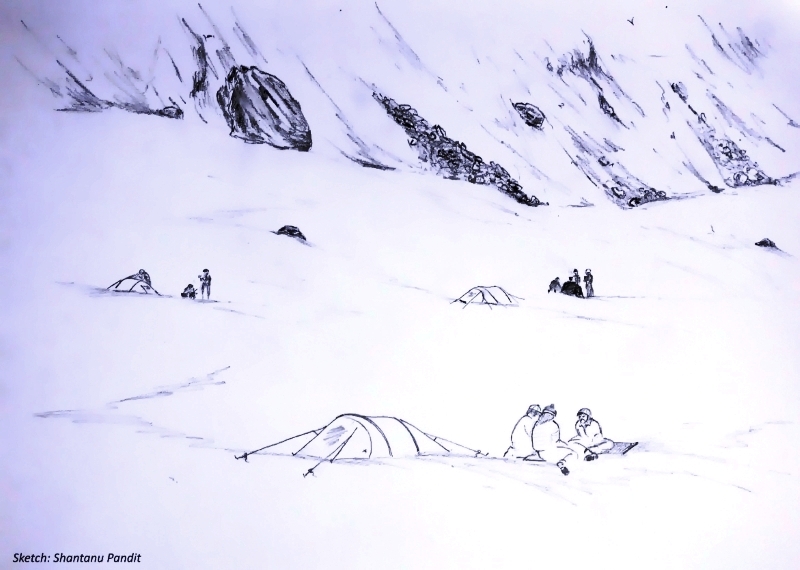
The epiphany…
My insight at Bagua Basa was not about the process of giving and receiving feedback (a skill that I had to spend time building) but about the organisational role that enabled its staff members help each other function as a team in order to run the organisation’s operations effectively. I was aware of my ‘performance expectations’ as defined for my role as an ‘Instructor’. And so it made sense to me when the CL reminded me of those in the context of my personal goal of wanting to continue to work as an Instructor at NOLS. The fact that he offered to help me improve was a part of his performance expectations – ‘coach and mentor junior instructors’! In that dialogue that morning he had enabled me to see where my effectiveness and growth lay, and ultimately ensured that the school will continue to be effective in its programmes. I had sat there on that slope, suitably chagrined and even experiencing a sense of shame. Fortunately, I also felt a tremendous sense of relief at having been shown a way forward, and sheer delight in my insight about organisational processes that supported a team of instructors who had taken on the responsibility of leading students on a course conducted in one of the most challenging regions of the world. I took to learning how to cook with a vengeance and continued to do it back home (it still continues!). In the process I acquired a life skill. Eventually I started getting pluses and smileys for my cooking in my eval-sheets at the end of NOLS courses!
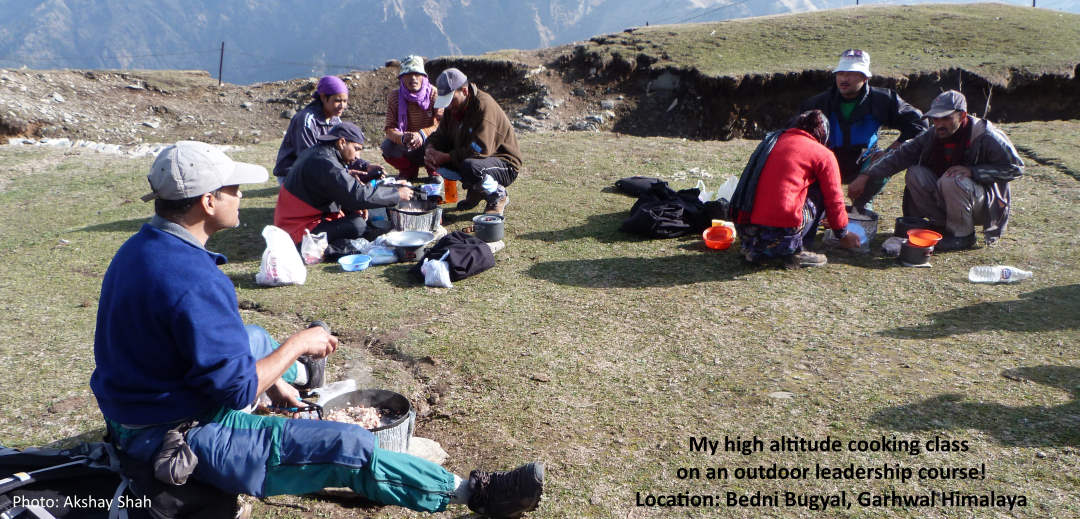
Beyond operations
I believe that such moments where I have directly experienced linkages between documented processes and practices have motivated me to study this area of an organisation’s functioning with interest. What appealed to me was how documentation can actually help staff members understand finer aspects of their functioning and deal with potentially sticky situations. In the above example, the process of feedback was undertaken so smoothly! The receiver – me – could very well have been embarrassed and distressed. Instead, a calm conversation had led to clarity of goals, self-awareness on a skills-level and concrete steps to help improve, all of which helped me as an individual achieve my goals as well as contribute to achieving organisational goals.
My interest in organisational processes and documentation led me to get involved in writing safety guidelines for adventure programmes and take up projects that required writing of standard operating procedures (SOPs) and risk assessment documents. It was far from easy to get into that world. I quote what I have written in my post ‘Exploration With a Difference’: ‘Learning complexities of documentation, though exciting, has been a struggle, which continues today for it is a strange world filled with nuances and profundity in the written word.’ There were many, many people who helped me, guided me and patiently waited beyond committed timelines as I made mistakes and struggled to revise and improve upon content through successive versions.
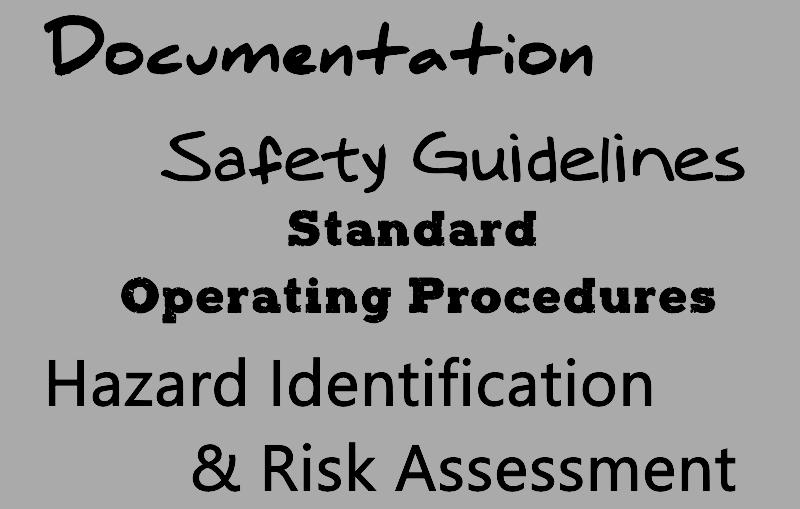
Two assignments in the recent past were very rewarding.
One was where I wrote the first draft of the ‘self assessment study’ that was undertaken by Hanifl Centre for Outdoor Education of Woodstock School, Mussoorie which eventually led to accreditation with the Association of Experiential Education, U.S.A. (AEE) in April 2020. This project helped institutionalise processes of the Centre and ensure uniformity and continuity in safe practices, which is crucial especially for an organisation undertaking responsibility of safety of participants in its programmes conducted in challenging environments. There are many more benefits accruing from such documentation, with or without accreditation or certification against Standards; e.g., staff members down the years find it easy to function in both routine and once-in-a-while situations, processes like reviews and feedback tend to be very healthy for all persons involved, changes in functioning become person-independent and smoother for an organisation to roll out, and an organisation generates data that helps it to keep improving. Accreditation by AEE carries a stamp of approval of the quality and effectiveness of programmes, and periodical audits by AEE ensures that an accredited institution complies with quality and safety requirements and encourages changes that embrace aspects like improved technology and safer procedures.
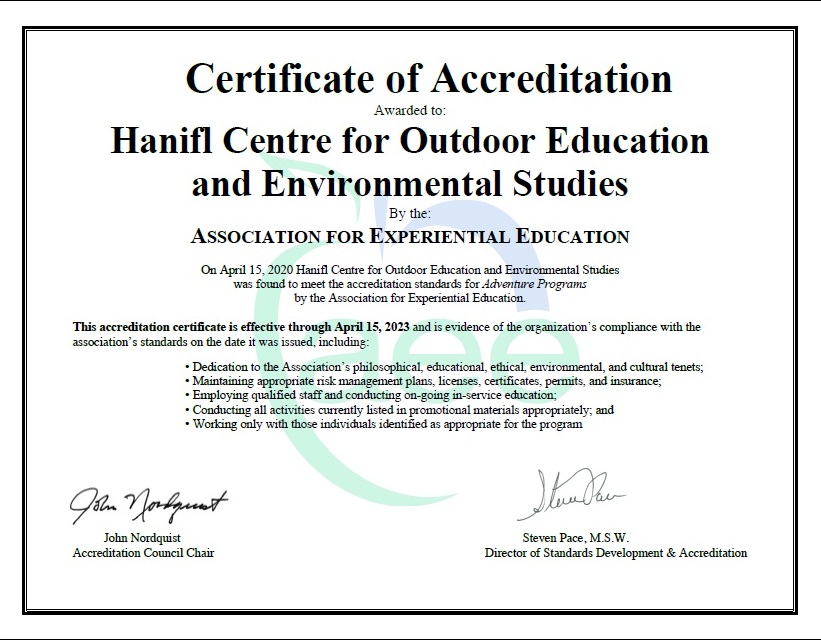
The other was where I generated the mandatory set of documents for work-at-height operations for a company that had a state government contract for slope stabilisation along a railway line. The slopes in question were freshly exposed hillsides on either side of a newly constructed railway line. To prevent debris like gravel and loose rocks tumble down such slopes are to be made safe (e.g., covering them up with mesh is one such procedure). To do any work on such slopes, workers suspend themselves on rope systems, and thus face several hazards. The state government in this case required the contracted company to submit a set of documents that described the manner in which operations on natural steep surfaces are carried out with appropriate safe practices in place. A person like me was involved because of my training and experience of working on naturally steep surfaces (rock and mountain surfaces), specialised equipment used (all items used are either those used by climbers or modified versions of them), and my experience in documentation related to hazard identification & risk assessment and standard operating procedures. The biggest advantage for the contracted company was that my team members and I could confirm/enhance the appropriateness of not only processes but also the equipment and emergency handling procedures that were in place.
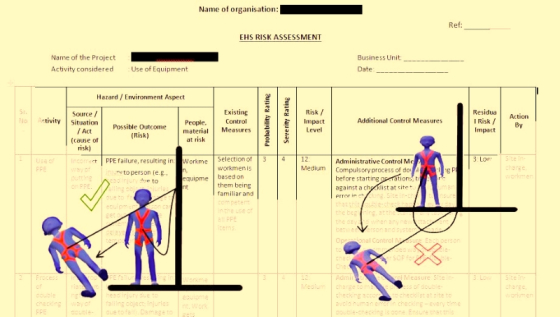
In my post ‘Exploration With a Difference’ I have touched upon such assignments and, more importantly, how documentation is being more and more looked at by organisations from various fields as well as government bodies in India. I find this an exciting stage of development also because people like me who come from the field of adventure and outdoor education are getting involved in such work primarily because of specialised equipment that is akin to mountaineering gear and, in many cases, nature of activities and remoteness of locations that benefit from a different approach to risk management.
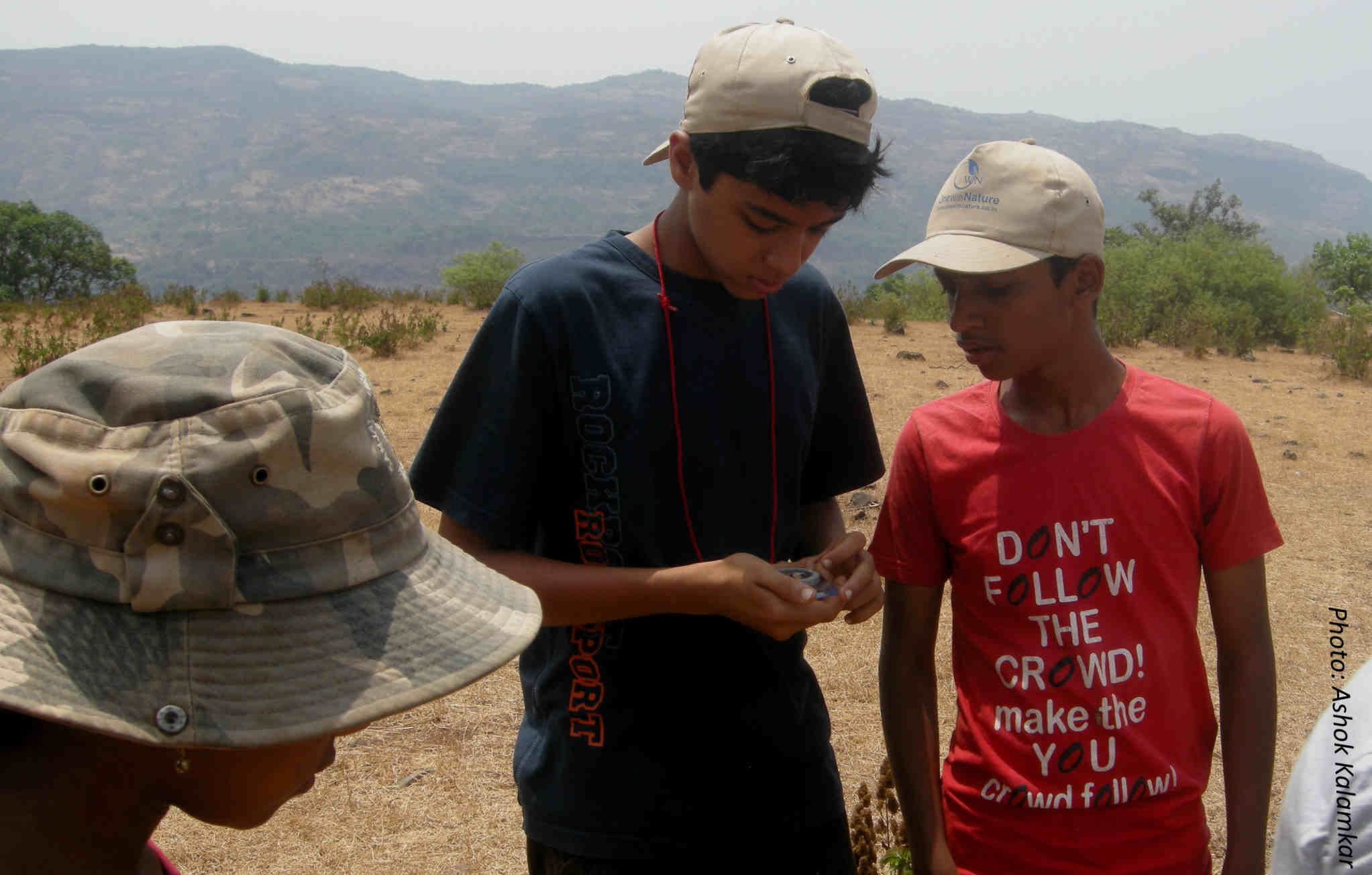
My journey into the world of outdoor education had begun through a trust that I had co-founded in 1989 and which functioned for school children. One of the reasons why that work resonated with me was the adage ‘Catch Them Young’. Educational institutions play a key role in influencing society’s culture. In my own way, I am an ‘influence centre’. It doesn’t matter how small an influence I bring to bear in nudging things towards excellence and effectiveness (I refer to this as my squirrel’s contribution, as explained in my post ‘Squirrels & Circles‘) so I just look forward to getting involved in organisational level work, especially of educational institutions.

Your skills, experience and qualification as a Outdoor Pro along with your systematic approach and outlook towards honing an able generation of youth is of immense value in the current situations and time and ofcourse highly commendable. Kudos bro!
Thanks, Bibhas, for your encouraging words… helps keep the motivation up 🙂